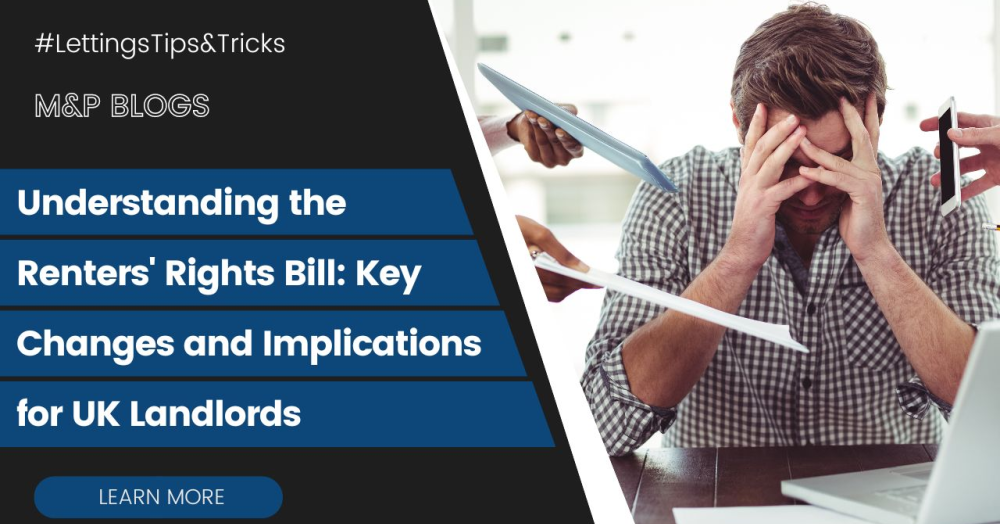The Renters (Reform) Bill, often referred to as the Renters' Rights Bill, is a significant piece of legislation aimed at transforming the rental landscape in the UK. Here are some key aspects and implications of the bill
Key Aspects of the Renters' Rights Bill
- Abolishment of Section 21 'No-Fault' Evictions:
One of the most prominent changes is the removal of Section 21 evictions. This section previously allowed landlords to evict tenants without providing a reason, which has been a point of contention for many renters who seek greater security in their tenancies.
2. Introduction of Open-Ended Tenancies:
The bill proposes more flexible, open-ended tenancies, moving away from fixed-term contracts. This change aims to provide tenants with more stability and the freedom to leave their tenancy without the fear of financial penalties.
3.Improvements to Property Standards:
There will be stricter regulations to ensure rental properties meet certain standards. This includes requirements for safe and well-maintained homes, which should reduce the prevalence of substandard rental accommodations.
4.Increased Notice Periods:
The bill includes provisions to increase notice periods for rent increases and other changes, giving tenants more time to adjust to new circumstances.
5.Strengthening of Tenants’ Rights:
Tenants will have more power to challenge poor practice and unfair treatment. This includes easier access to dispute resolution and legal support.
Implications for Landlords
Adjustments in Tenancy Management:
Landlords will need to adapt their approach to managing tenancies, particularly with the removal of Section 21. This may require a more robust system for documenting tenant behavior and addressing issues through legal channels if necessary.
Property Standards Compliance:
Ensuring properties meet the new standards will be crucial. Landlords may need to invest in property upgrades and regular maintenance to stay compliant.
Financial Planning:
The introduction of open-ended tenancies and increased notice periods for rent changes may impact landlords' financial planning. A more predictable rental income stream may be necessary, but it could also provide a more stable tenant base.
Perspectives and Opinions
As a local property expert, I view the Renters' Rights Bill with mixed feelings. On one hand, it aims to create a fairer and more secure environment for tenants, which could lead to longer tenancies and potentially less turnover. On the other hand, the increased regulations and the removal of no-fault evictions could present challenges in managing difficult tenancies and maintaining profitability.
From an investment perspective, the bill could lead to a more stable rental market, attracting long-term investors who are interested in steady returns rather than short-term gains. However, for those looking for flexibility and higher returns, these changes might be seen as restrictive.
It's important to stay informed about the latest developments and prepare to adapt your business practices accordingly. If you are a current landlord of M&P Estates I will keep you update on future development And If you are not then email me paul@mpestates.co.uk and I will add you to my mailing list in relation to the Renters Rights bill


